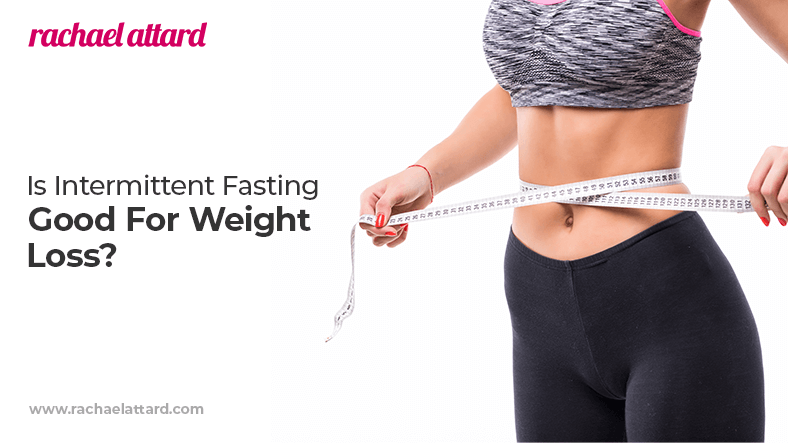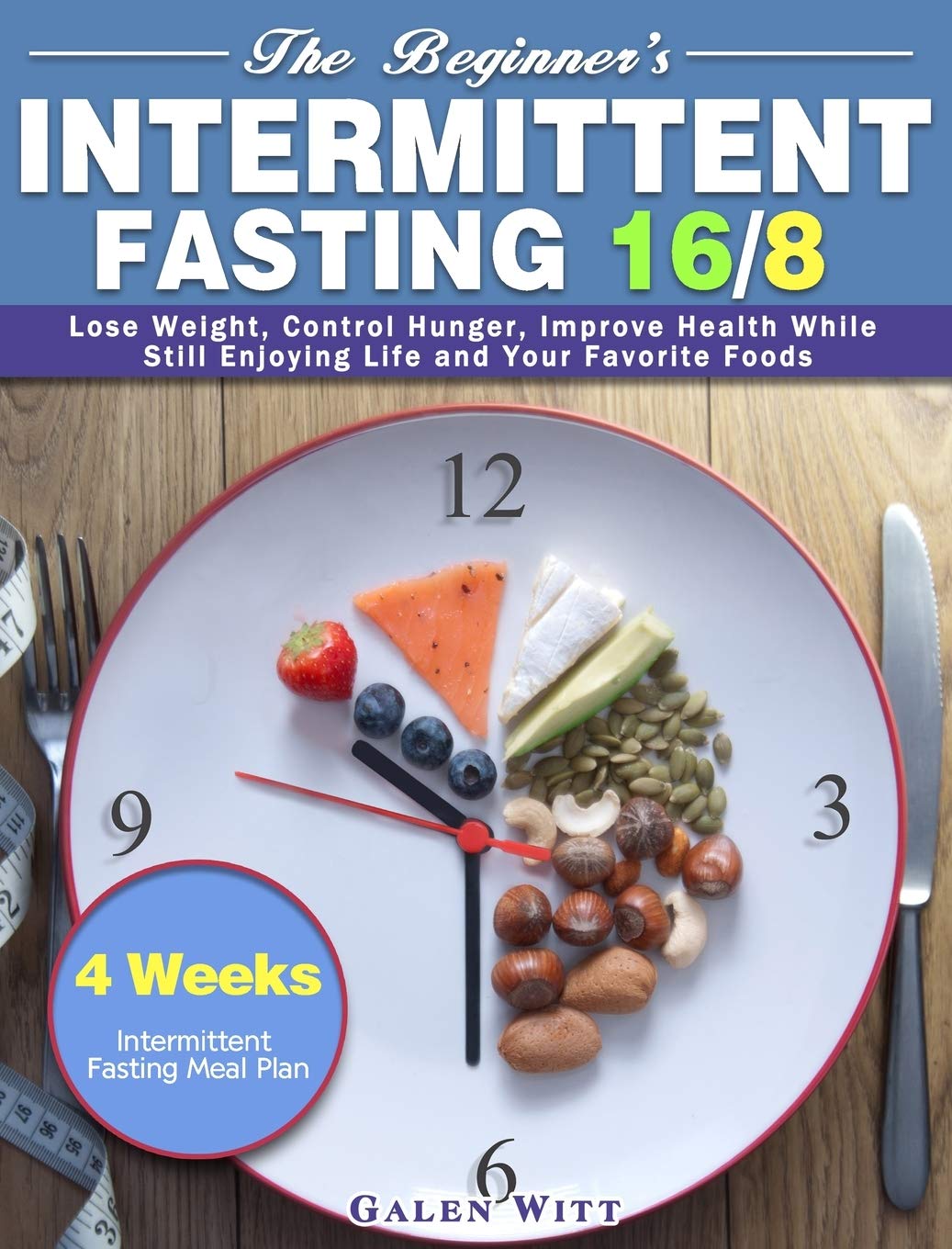
There are some tips that you can use to increase your metabolism. In addition, you should also get enough sleep. Getting enough rest can help your body burn more calories and help you lose weight. And if you're looking for a natural way to boost your metabolism, try green tea. Green tea may help you burn more calories.
Exercise
Exercising boosts your metabolism in a number of ways. Your heart rate increases, which signals your brain that you're doing something and boosts your metabolism. Exercise can also boost the production and use of neurochemicals which improve mood and increase metabolism. These effects can last up to days or hours after the exercise is finished. You can prolong the effects of exercise by eating healthy food.

Diet
Your short-term as well as long-term health may be affected by what you eat. A healthy metabolism can help you burn calories and maintain a healthy body weight. You need to eat a balanced diet in order to support your metabolism. You should avoid restricting calories, stress and avoid eating processed foods. Instead, try to include whole, nutritious foods, such lean meats, turkey, fish and tofu. In addition, you can include spices, probiotic food, and green tea.
Foods
There are many foods that can increase metabolism. Avocados are rich in vitamins and minerals like vitamin E and potassium. Avocados are low in calories and high in protein, making them an excellent choice for quick snacks. They also contain omega-3 fat acids which can help to maintain cardiovascular health. Finally, avocados contain fiber, which is good to digest and prevents you overeating.
Get enough rest
You can boost your metabolism by getting enough sleep. Your body will work best if you get at least seven to eight hours sleep each night. It helps you feel fuller and resists cravings which can lead weight gain. The ability to get enough sleep can prevent you from snacking. The body can also process soluble fiber through sleep, which is good for your gut bacteria. These beneficial bacteria help to reduce inflammation and aid in weight loss.
You can exercise in the frigid cold
The cold can help you increase your metabolism. You can increase your energy expenditure up to 30%. Because it activates your metabolism of brown oil, which helps you burn calories quickly for heat. Exercising in the cold can help you safely lose weight, according to studies.

Consuming foods that contain a mediator
Foods that boost metabolism can help you lose weight and fight the development of metabolic syndrome. Thermic effect of foods varies depending on how much energy they contain and whether they are made from animal or plant resources. Foods high on carbohydrates have the highest degree of thermogenesis, while those that are high in fat have a lower level. The energy needed to digest food determines its ability to induce thermogenesis. Certain foods encourage lipolysis which aids in fat burning.
FAQ
Are there any side effects to intermittent fasting
Intermittent fasting doesn't have any known side effect. However, if you don't plan properly, you might experience some minor issues.
If you skip breakfast, for example, you may feel constantly irritable. It is possible to experience headaches and muscle cramps.
These symptoms typically disappear in a matter of days.
How long do I need to fast for weight loss?
The answer isn't as easy as it seems. A number of factors need to be considered when determining how many days of fasting are needed for optimal fat loss. These are:
-
Your age. You may find intermittent fasting too difficult if you're younger (under 40) because you have less time between fasts. You may not have enough energy for a sustained period of daily fasting if you are older (over 60).
-
Your current body composition. A longer period of fasting is more beneficial for those with a lot of muscle mass. However, if you have little muscle mass, then shorter periods of fasting may be better suited for you.
-
How physically active. Exercise regularly and you may need to extend the fasting window in order to get enough sleep between workouts.
-
Your past health history. People with heart disease, diabetes, and cancer may require extra fasting monitoring.
-
How do you handle stress? Stressful situations can make us eat more. To avoid this problem, you may need to increase the length of your fasting windows.
-
Which type of diet you choose. Certain diets, like ketogenic diets, may require even longer fasting periods.
-
How much sleep you get. Also, a lack of sleep has been linked with increased appetites and decreased metabolism. You may need to experiment before you discover what works for you.
-
Your daily intake of protein. Consuming more protein helps to stabilize blood sugar levels. This could lead to lower insulin levels. This will allow you to fast longer.
-
Whether you're trying to gain or lose weight, people who are trying to gain weight usually require longer fasting periods than those who are trying to lose weight.
-
What percentage of calories do you consume during your fasting window? Fasting for fewer calories per days may lead to greater fat loss than fasting with more calories.
-
Your overall fitness. People who are fit and fast burn more calories per day.
-
Your gender. Men tend to have greater appetites that women, so they may need a longer fast. Women are more likely to have smaller appetites and may need to fast only 20-30 minutes every day.
-
Your lifestyle. Are you someone who gets plenty of physical activity? Do you exercise multiple times a week or do you just go to the gym? Are you a worker who sits at a computer all day? These factors can impact how fast you should be moving.
-
How much do you spend per month on food? Eating healthy foods doesn't necessarily mean spending much money on groceries. It's possible to save money by purchasing whole grains rather than white bread, fruit instead of candy bars, lean meats instead fatty cuts, and fruits instead of candy.
-
It's important to manage your hunger. You don't have to skip meals if you don’t want to.
What Amount of Weight Can You Lose In A Week?
Your body fat percentage determines how much weight you are able to lose. The first thing to do is to calculate how much weight you want to lose and then find out what your BMI (Body Mass Index) is. Your BMI will tell you how much weight to lose. If your BMI is 25 or greater, you're overweight. If your BMI reads 30 or more, you are likely obese.
If you are 200 lbs, your BMI will be 28.7. This means that you'd need to lose around 70 pounds to get down to a healthy weight range. To see if you're overweight, visit www.healthyminds.com/bmi/.
This formula can be used to calculate how many pounds you will lose each week once you have determined your BMI.
(Your Goal Weight - Current Weight)/BMI * 7 Number Of Pounds Lost Per Week
You would need to do 2 weeks of exercise to lose 50 lbs in one month. This is equal to 56 days. Divide that by 7 pounds per week. That works out to 8.3 pounds lost per week.
You could also try this calculator from www.weightlosscalculator.net. It will provide an approximate amount of calories that you would need daily to lose one pound per month.
Why is exercise important for weight loss?
The human body is an amazing machine. It was built to move. Move your body to stay healthy, whether you are running, swimming, biking or lifting weights.
Exercise is good for your health and helps you tone your muscles. This makes you feel better physically and mentally. Exercise is an important part of weight loss.
-
Exercise boosts metabolism. When you're active, your body will use energy. Every time you move, your heart beats faster, blood flows to your muscles, and your lungs absorb oxygen. All of these activities consume energy. You can burn calories more easily by exercising and increasing your metabolic rate. You can calculate how many calories your body burns by doing physical activity.
-
Exercise reduces appetite. When you work out, you will naturally eat less calories.
-
Strengthen your body through exercise Muscle tissue needs more energy to function than fat tissue. So if you build lean muscle mass, you will need less food to maintain your current weight.
-
Exercise releases endorphins. Endorphins are hormones that make you happy. When you exercise, endorphins are released into your bloodstream. Endorphins are known to block pain signals from your brain. This can give you a sense of well-being.
-
Exercise boosts self-esteem. Exercise is a great way to boost self-esteem. People who exercise regularly live longer and healthier lives.
Start small to lose weight. Try adding one of these tips to your routine today.
Can I eat fruit while on intermittent fasting
Fruits are great for your health. They are rich sources of vitamins, minerals. Fiber, antioxidants, as well other nutrients. They also contain sugar, which can lead to blood glucose levels rising. This can lead to insulin resistance, weight gain, and even diabetes. You can lose weight by following an IF diet. Make sure to eat low glycemic fruits like apples, pears and berries.
Statistics
- According to Harvard Health, it's estimated that a 155-pound (70-kg) person burns around 167 calories per 30 minutes of walking at a moderate pace of 4 mph (6.4 km/h) (5). (healthline.com)
- It's estimated that half of all American adults attempt to lose weight every year (1Trusted (healthline.com)
- One study in 9 active men found that HIIT burned 25–30% more calories per minute than other types of exercises, including weight training, cycling, and running on a treadmill (18Trusted Source (healthline.com)
- According to Harvard Health, it's estimated that a 155-pound (70-kg) person burns roughly 112 calories per 30 minutes of weight training (5). (healthline.com)
External Links
How To
How to Lose Weight Fast Without Exercise
It is best to eat less calories than you burn to lose weight quickly. This will make your body burn more fat to generate energy. If you do not consume enough calories, your body will begin to break down muscle tissue to use for energy, which means you'll see some muscle loss. Although you can lose weight even if you aren't working out, it's likely that you'll lose more muscle mass.
Losing weight quickly without losing weight is as easy as reducing your calorie intake. Many people believe that they need to reduce their food intake in order to lose weight. However, this is not true. To lose weight, you need to ensure that you are consuming fewer calories than your body is burning. How much food should you eat each day? It depends on what kind of activity you engage in daily. For example, someone who walks 3 miles daily would only need around 2,500 calories daily. An individual who works all day at a desk would consume around 1,600 calories each day. A person who exercises frequently (like lifting weights), would only need about 1,600 calories per day.
If you are trying to lose weight, you should try to reduce your caloric intake. Many people think that they should eat less food because they feel like they're starving themselves. This is not true. Your body doesn't care whether you're hungry or not; it just wants to function properly. Tracking your calorie intake is key to losing weight. There are many apps available online that allow you to monitor your calorie intake. These apps include MyFitnessPal and Calorie Counter.